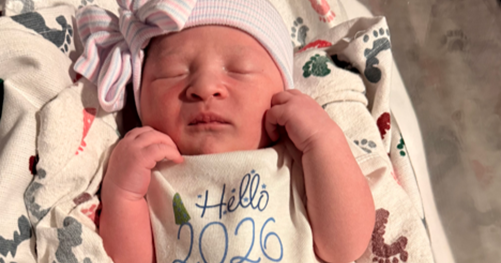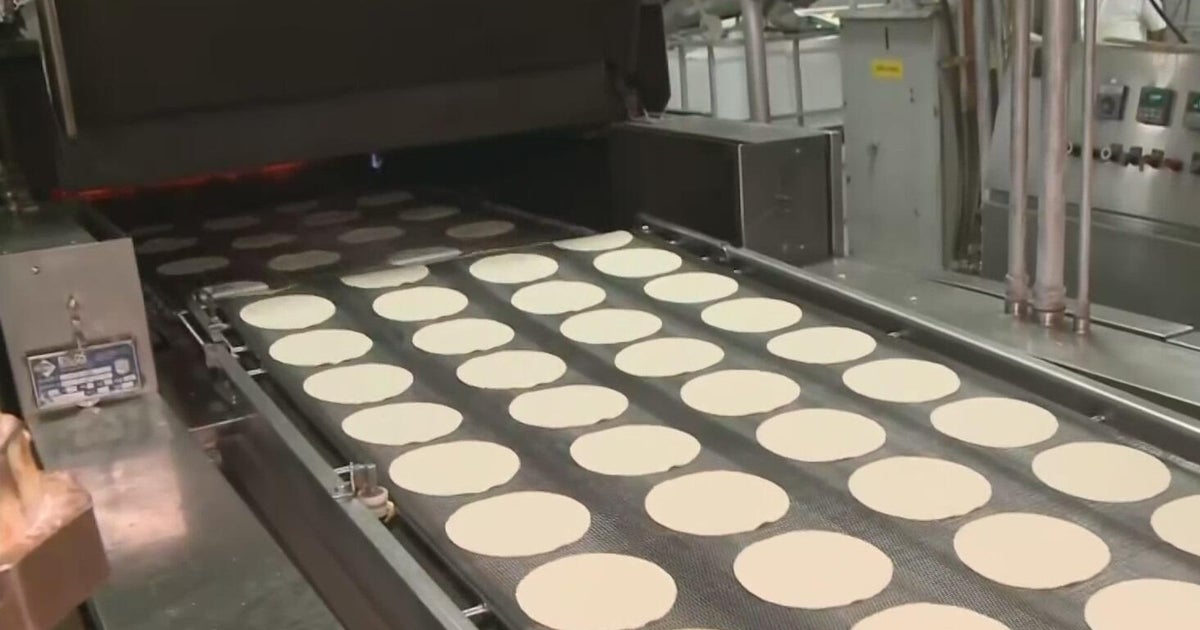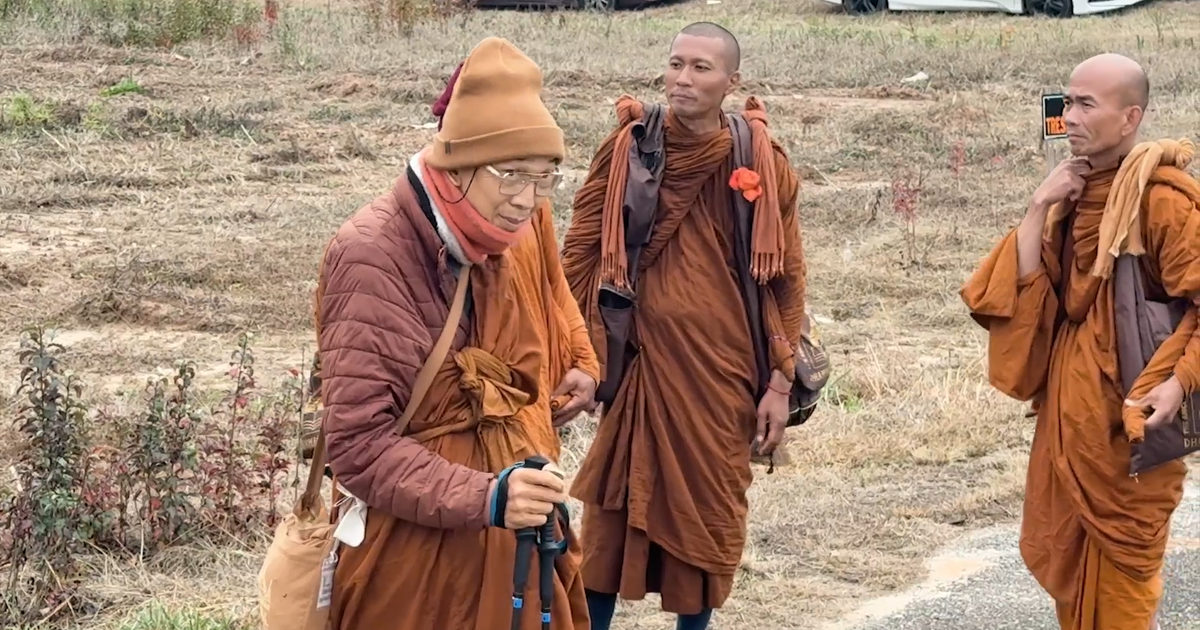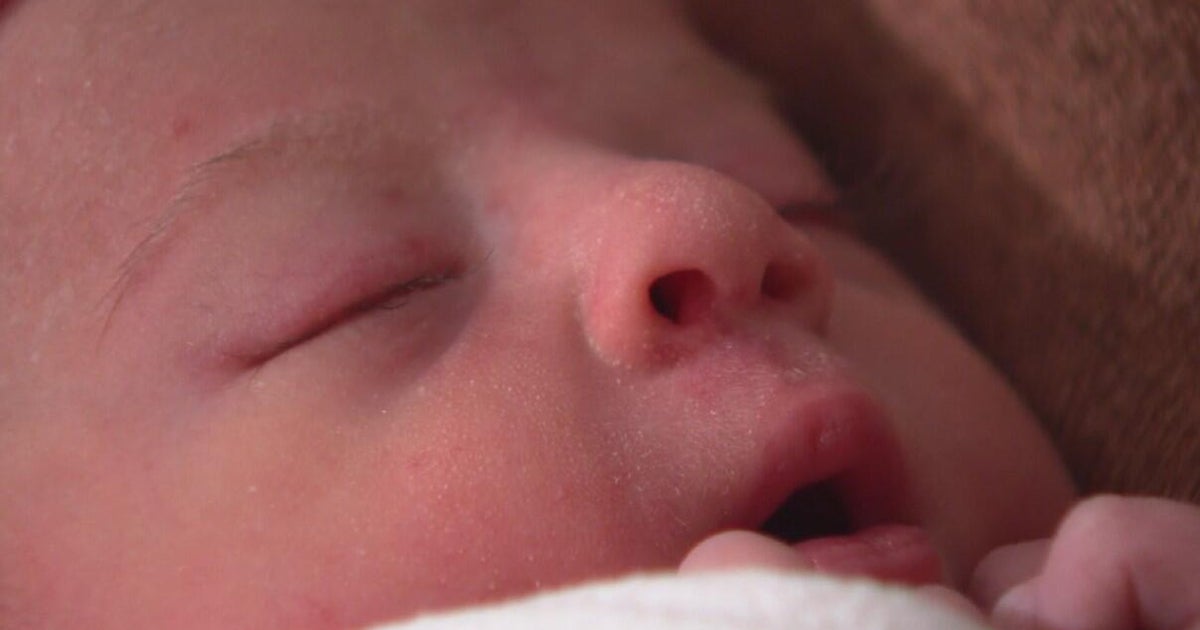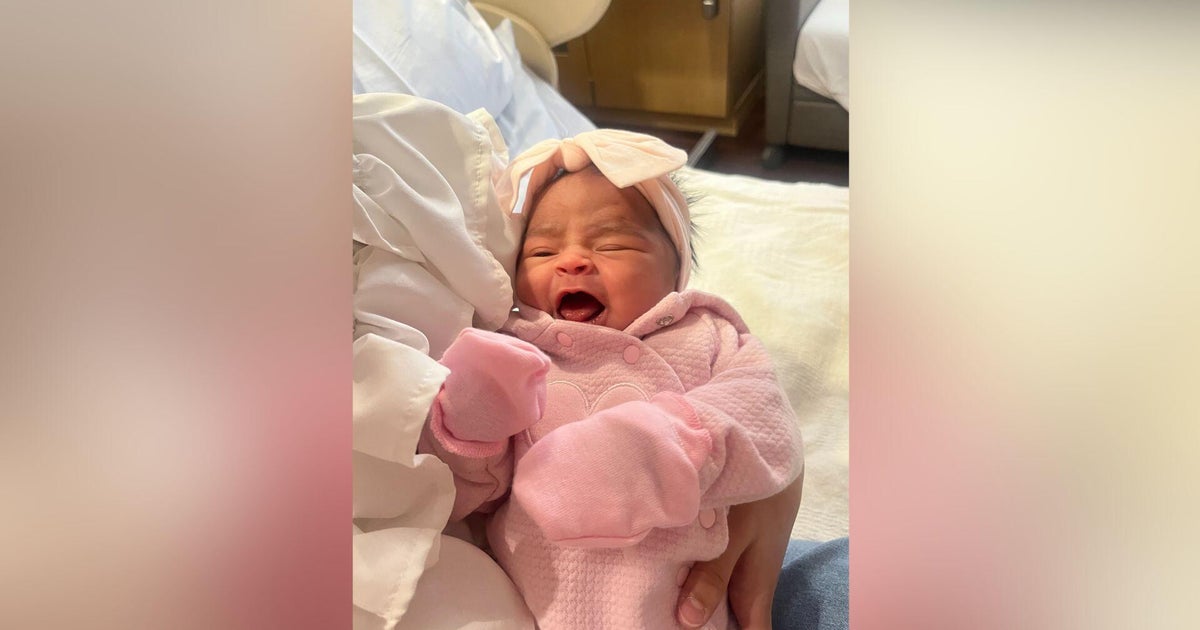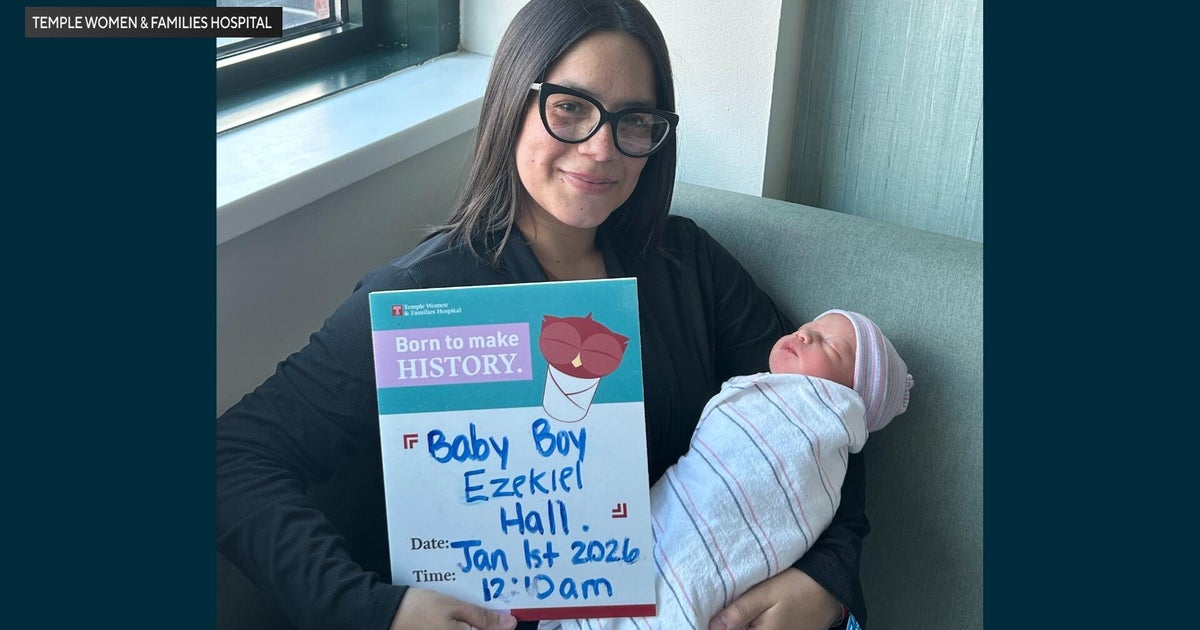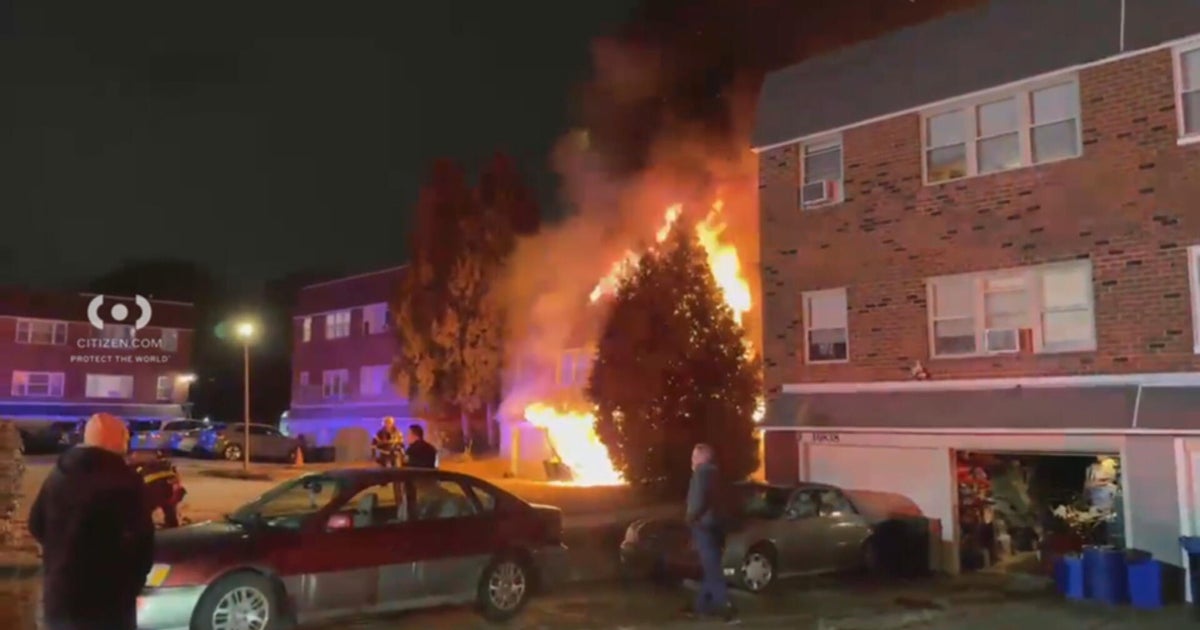Colorado's 1st Test Tube Baby Now 30
COLORADO SPRINGS, Colo. (AP) - When Ellen Casey gave birth 30 years ago, it was cause for celebration. Not only for Ellen, who had suffered through multiple surgeries and a miscarriage during the three years she struggled to conceive with her husband, but for Colorado and the world.
On Aug. 3, 1983, Elizabeth Casey became the state's first "test tube baby," conceived through in vitro fertilization. At the time, five years after the first in vitro birth, to a mother in England, Elizabeth was among only a handful of such babies worldwide; doctors weren't yet sure if pregnancies achieved in such a way would produce normal, healthy offspring.
Since then, millions of women have undergone IVF and given birth to hundreds of thousands of healthy babies. Each year, more than 85,000 women undergo the procedure at hundreds of clinics nationwide, and babies conceived via IVF represent more than 1 percent of annual U.S. births.
What has become almost commonplace as more women seek to conceive in the twilight of their child-bearing years was closer to the realm of science fiction in the late '70s and early '80s.
"When I was pregnant, no one had ever heard of it. People still thought it was something from Orwell or Aldous Huxley," said Ellen, 64, who repeatedly traveled from her home and job teaching kindergarten in Colorado Springs to an IVF center in Texas - one of only two in the U.S. at the time - for the procedure. "Things are so different now. I just Googled 'test tube baby,' and you wouldn't believe all the ads that came up for doctors who perform it. I had to research it the old-fashioned way, at the library."
In vitro fertilization means the union of a woman's egg and a man's sperm outside the woman's body, in a laboratory petri dish - a step in the process that led to the popular misnomer "test tube baby." The fertilized egg then is transferred to the woman's uterus, where it's hoped it will implant and thrive. The series of procedures isn't cheap and rarely is covered by insurance. For the Caseys, expenses included a series of surgeries to first clear Ellen's blocked fallopian tubes.
"I had so many surgeries to get this baby," said Ellen. "We called her our $20,000 baby, but she was more than worth it."
In 1981, as the Caseys struggled to conceive, Elizabeth Carr became the first U.S. baby born as a result of IVF.
"The minute she was born, I knew I was going to have a baby," Ellen said.
During her pregnancy, achieved in 1982 in a second round of IVF, Ellen made a point of being open about what she'd experienced.
"Back then, if your fallopian tubes were blocked, you were out of luck. I wanted to help other families know it is possible for them to have a baby," Ellen said.
She also was determined to do what she could to change popular thinking, which tended toward judgment and confusion.
"I was at the grocery store, pregnant out to here, and a woman asked me when the baby was due," said Ellen, who answered the question and volunteered that she was having a test tube baby. "The woman asked me, 'Where is the baby growing?'"
In 1984, after allowing her story to be featured in the book "New Conceptions, A Consumer's Guide to the Newest Infertility Treatments," Ellen joined a team of medical and legal experts for a panel discussion on a Boston TV show. She felt ambushed when, moments after going live, the moderator turned to her and asked if she didn't think IVF was "playing God."
"I calmly said, 'Oh, no. It's simply a bypass of the fallopian tubes, like a heart bypass,'" Ellen said. "I wasn't rattled one bit.
"My little test tube baby was no oddity. That was an important gift that I could give back."
Elizabeth says her mother was up front with her about the circumstances of her birth.
"It was definitely something I was always aware of because she did such a good job of talking about it," said Elizabeth, who received her journalism degree from Northwestern University and now lives and works in Chicago. "Also there was a lot of media interest when I was little."
Perhaps because of the media frenzy surrounding her entry into the world, Elizabeth is comfortable in the spotlight. Beginning as a pre-teen, she served as the official Disney reporter for Colorado, interviewing the Dalai Lama and a host of international personalities. She was a champion tennis player, class president for three years at The Colorado Springs School, a straight-A student and National Merit Scholar.
"At my 10th birthday party, there were a lot of TV cameras and I didn't really understand why. I knew it was cool and something cool was happening, but I didn't really understand," Elizabeth said in a phone interview. "Now, it's sort of hit me all of a sudden that my mom was one of the pioneers of that technology. I suddenly had a very deep appreciation of what my parents did and what they went through."
Newspaper clippings chronicle Elizabeth's life and serve as something of a family journal.
"It's just really special for me to be able to go back and see the quotes from my parents on the day I was born saying how much they wanted me," she said. "Not everyone has that."
For Elizabeth, the conversation about in vitro never has stopped.
"People have been asking me about in vitro fertilization my whole life. I've always known it was cool that I was the first test tube baby in Colorado, but I didn't understand the gravity of what my parents did until I graduated from college and had friends who were facing having to go through this," Elizabeth said. "It's scary and there are a lot of questions. If there weren't people like my parents who were brave enough to go through it and open enough to talk about it, they might not have had that option."
- By STEPHANIE EARLS, The Gazette
(© Copyright 2013 The Associated Press. All Rights Reserved. This material may not be published, broadcast, rewritten or redistributed.)

